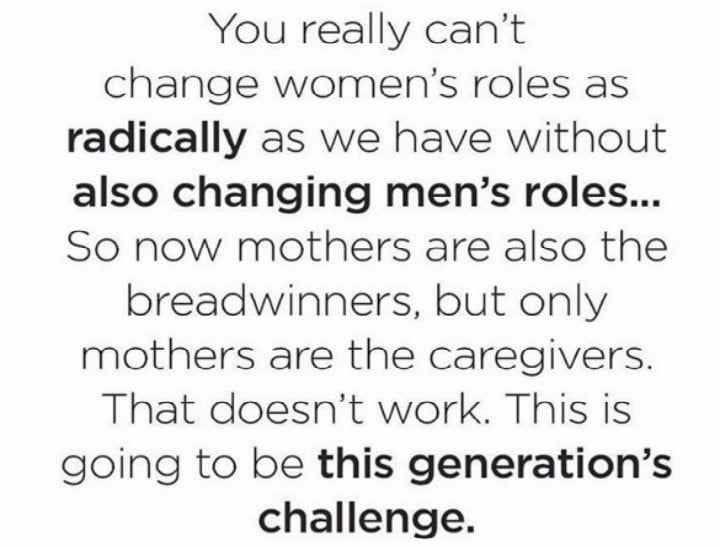
“Last Monday was Iggy’s sixth birthday and I’ve missed every single one of his birthdays. I won’t miss another one.”
That sentence, delivered by the outgoing MP and former Treasurer Joe Hockey in his farewell speech yesterday, with visible emotion, both broke and melted my heart.
The tenderness in his voice and the gentle look in his eyes as he looked up at his son Iggy, broke me. They were the words of a Dad, not a politician.
And irrespective of your political persuasion or your take on Joe Hockey’s achievements, they are the words of a dad that are worth listening to.
Joe Hockey is not the first politician to have missed milestones in his children’s lives, and he certainly won’t be the last. If it weren’t for the change in leadership last month it is highly unlikely that Hockey would – or could – have made the same promise to his son.
But that doesn’t change the fact that his career has kept him from spending time with his family, and that it hasn’t been without difficulty.
Was that his explicit choice? Yes and no. Life as a federal member is a consuming and demanding job that will always entail sacrifice. But it’s difficult to believe anyone would enter politics to get away from their family. It’s a side-effect many endure, that I suspect few enjoy, and it’s certainly not limited to politics.


Top Comments
I'm sorry, but I don't believe Mr Hockey's words. They don't mesh with what we have seen of his actions, and I bet his behaviour won't alter too much in the future.
Every person balances work and family life. Personal beliefs and values are used to tip the scale one way or the other. Politicians claim to support family values, but the reality is that most pollies place more 'weight' on their careers and political life, spending much more time and effort in that area of their lives. There is a choice and they make it.
Every man who leaves politics says they're doing it "to spend more time my family". Well if that was a major issue, they could have left at any time; they didn't have to wait until their career plan was basically over.
I once heard a former independent suggest any politician who says they're leaving to 'spend more time with my family' should have to come back a year later and state how much more time they have actually spent with their family.